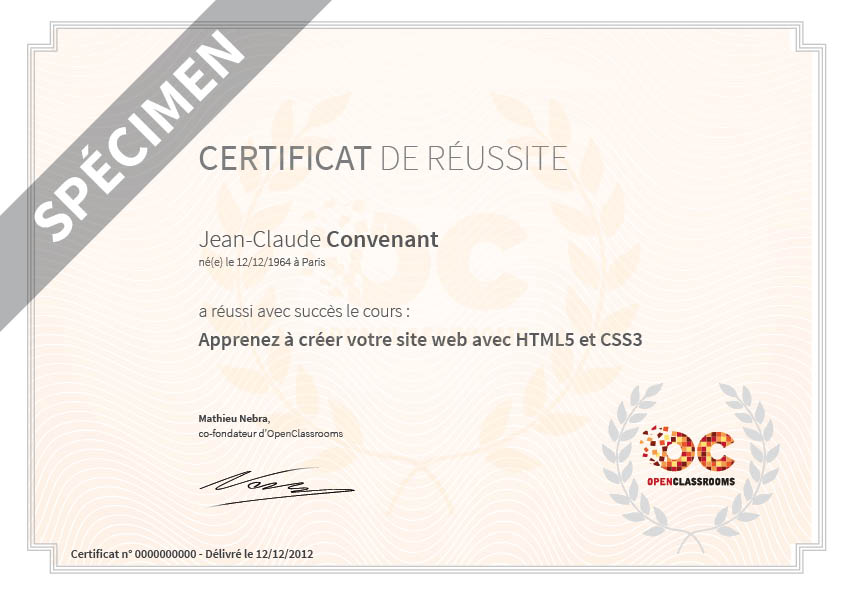We all have expectations. None more so than a client who is paying you to do a job. So how can you manage your customer’s expectations, deliver work on time that fits the brief and maintain your professional integrity in all situations?
The answer lies in knowing how to build solid professional relationships. You’ll explore how in this chapter. You’ll also discover how to set clear and appropriate boundaries; when and how to agree project specifics, as well as the practical things you can do to ensure you’re re-booked.
Agree on project specifics
You’ve won your first job with a new client (hurrah!), and you’re meeting to discuss the project. This is the time to ask questions – as many as you can. Usually, a client will have a reasonably detailed brief, but might not know, realistically, what it entails from your end. Here are some general questions you may need answers to:
What exactly are they paying you to do?
How much time do they envisage it taking?
What if it takes longer?
What deadlines are they proposing?
Will they pay for any unforeseen work that may crop up?
How, when and how quickly will they pay?
What will they pay you if they cancel the project?
Make sure you have everything agreed in writing. Depending on the area you’re working in and the type of job it could be a contract or an email confirming the agreed details. If you fail to get this in writing at the beginning, it will be difficult to prove what was agreed if there’s a change of staff, management or project brief halfway through.
Set clear boundaries
Another area that’s important to establish right from the start is your professional boundaries. There are four ways you can do this:
Identify your working hours
Decide how to communicate
Set realistic deadlines
Be honest
1. Identify your working hours
Establish your working hours from the start and let your client know when you’ll be available. Explain that any communication received outside these times will be dealt with when you’re next back at your desk and within working hours. Be politely firm about this. Working for yourself doesn’t give your clients free reign to contact you whenever they feel like it.
2. Decide how to communicate
This is something to decide with each individual client. If you’re working from home, how often will you provide updates? Daily, weekly? By email, phone, Skype? If you’ll need to come into the office when will that be? Providing regular updates lets the client know how far along you are and saves them having to chase you.
3. Set realistic (and false) deadlines
Deadlines help you plan your time more efficiently, so set them for different stages of the job or project. Your client will give you an idea of when they want the work delivered. If you can, break this down into realistic task-driven deadlines that you’ll share with them, so they have an idea of when you’ll complete each element. Set yourself false deadlines (for your eyes only!) to give yourself time to review, change or amend your work before you deliver it to them.
4. Be honest
Worried you won’t make a deadline? Rather than stick your head in the sand and act like the problem will go away, tell the client. Honesty not only keeps them informed but reinforces the fact that you’re a professional. If you need to communicate something that’s not going to plan, always provide a solution at the same time. It reassures your client that you know how to resolve any issues you encounter.
Go the extra mile
‘One of the most important principles of success is developing the habit of going the extra mile.’ Napoleon Hill, author of Think and Grow Rich
What this actually means is giving your customer a little extra something on top of what they’re paying you for. So, for example, if you’re designing a blog for them, maybe you’ll set up their social media platforms too; or deliver your work a day early or help them solve another related query that falls outside your brief. Clients appreciate freelancers who are prepared to be flexible and offer help outside their project remit. Be open, kind and empathetic and show you care about the bigger picture.
Offer recommendations
Managing client relationships is all about building trust. If you do your work well, deliver it on time and go over and above what is expected of you to get the job done, your clients will trust you have their best interests at heart. Helping your clients find other exceptional people is another way.
Finding staff is easy. Locating great people who’ve been recommended by someone they’re already working with is much harder. Recommend people you know are good at their job, and you’ll save your client both time and money. And they won’t forget it.
You’ll soon reach the stage where you’re working for and developing your relationships with a number of regular clients. How do you take the next step and start developing and expanding your business? You’ll find out in the next and final chapter.
